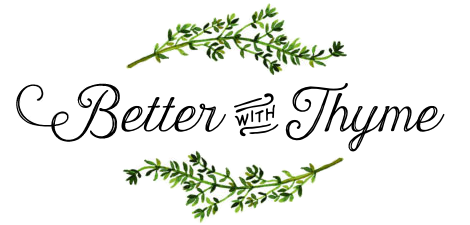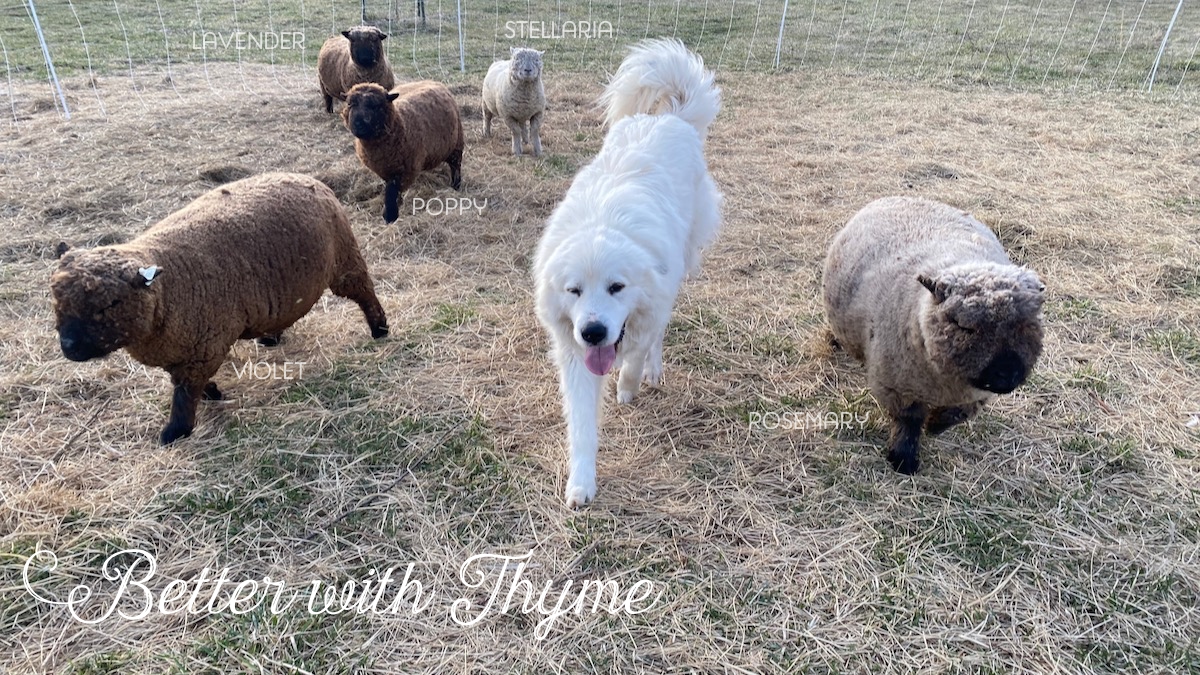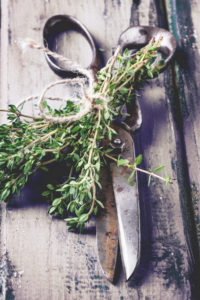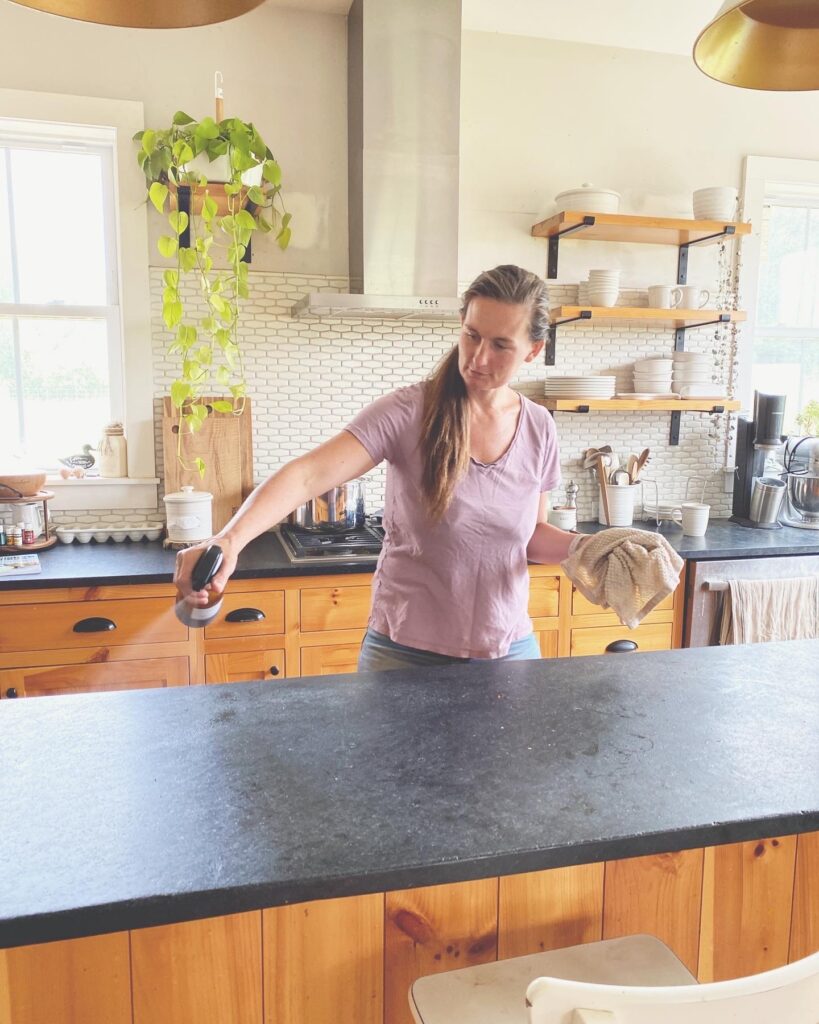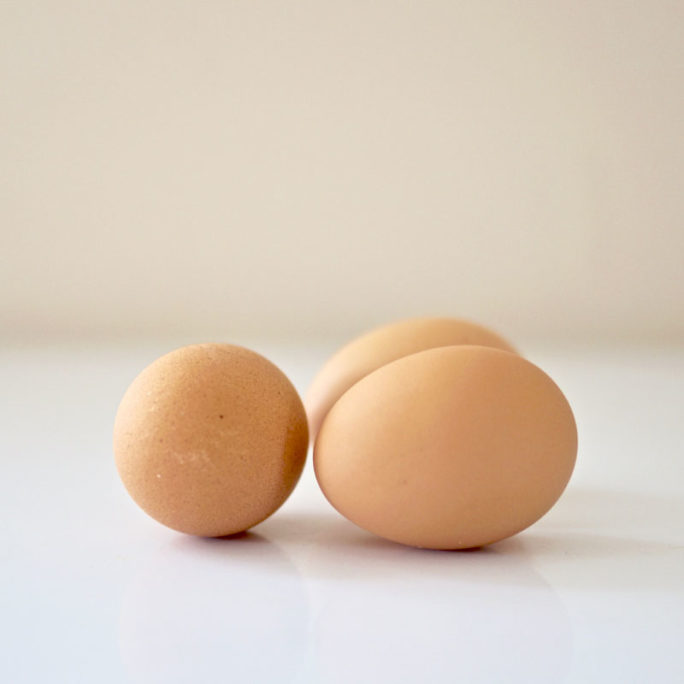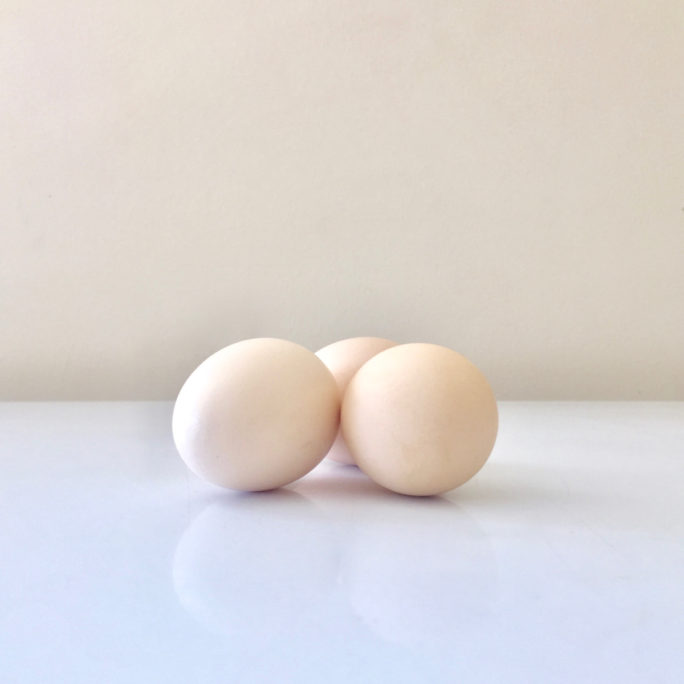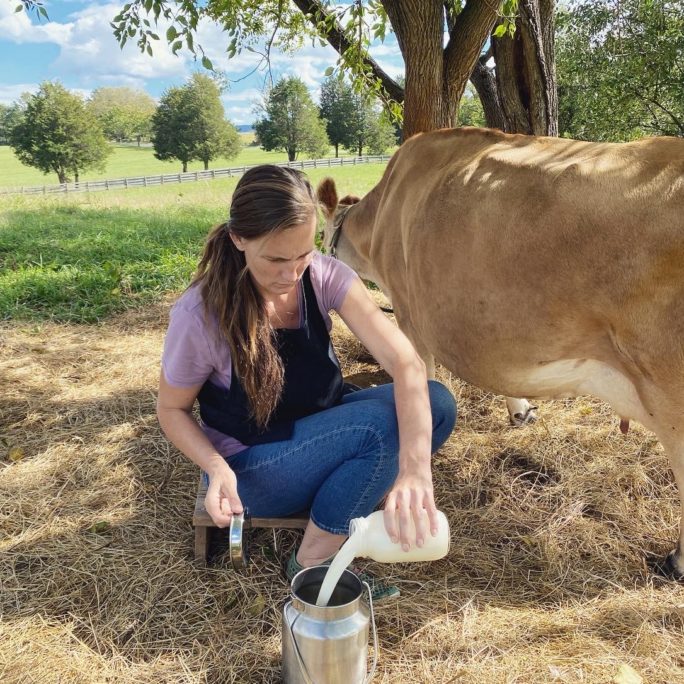Old English Babydoll Southdown Sheep (or just Babydolls for short) are a wonderful heritage breed of sheep for companionship, organic weeding, wool and meat
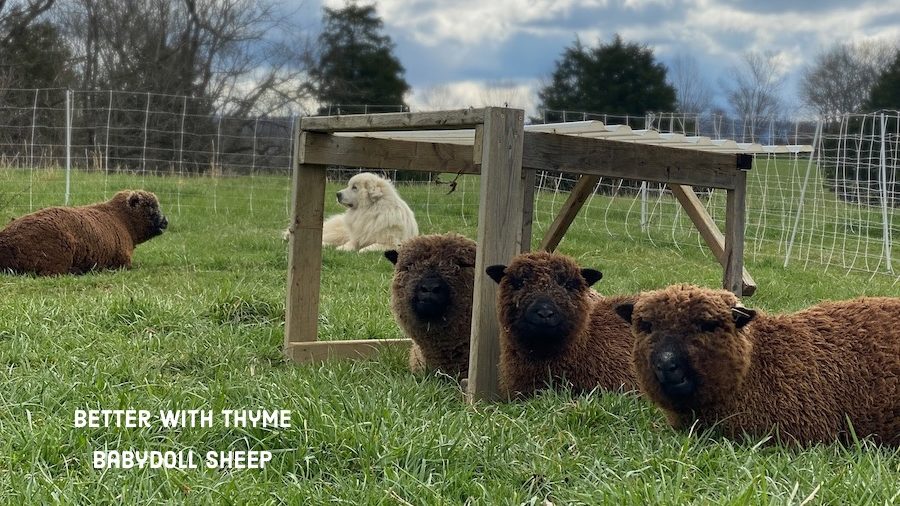
Southdown sheep originated in the South Down hills of Sussex County, England and were imported to the US in the early 1800s. The name Babydoll was given to the little sheep that almost went extinct as consumer demand for larger cuts of meat led to the development of the larger Southdown breed. Thanks to a concerted effort in the 1980s by Robert Mock to locate sheep with the original blood lines, the breed was saved from extinction. To distinguish these small sheep from the larger Southdown, Mr. Mock named them Olde English Babydoll Southdowns. Most often you’ll simply hear them referred to as Babydolls.
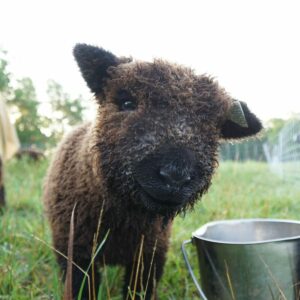
Besides the Babydoll sheep’s smaller stature, they are also known for their sweet temperament and smiling woolly teddy bear faces! Babydolls are friendly and curious and we love that they don’t challenge fencing, but happily graze within each paddock we move them to.
Their short legs and small size allow them to do well in small areas, even suburban households can keep them as pets and lawn mowers. (A good rule of thumb is one acre per five ewes.)
Uses for Babydoll Sheep
Like everything on our farm, our goal is to take joy in our animals while also having them fill multiple roles. Babydoll sheep are known for their hardiness and meat of unmatched tenderness and flavor, as well as their fine wool. They provide organic weeding without damaging trees or grapevines, they make excellent companion animals and are also a sound investment opportunity.
Babydoll sheep…
- Are a joy to take care of; everyone loves their smiling teddy bear faces
- Are polled (born without horns). This applies to both ewes and rams
- Are gentle and not aggressive (always use caution with a ram though)
- Ewes are very good mothers, raising twins and even triplets with ease
- Thrive on pasture and do not require grain feed
- Provide organic weeding without damaging plantings. For eg, they’re a popular choice for vineyards. We also use them around our fruit trees.
- Enrich the soil with their droppings, creating better soil fertility with less work and less time than machine mowing
- Are not prone to modern sheep problems; they’re hardy and healthy when managed properly. We have only used natural remedies occasionally (as needed) to support their health.
- Compliment other species of animals to utilize everything in the pasture. For example, cows prefer grass and sheep prefer weeds. (Having multiple species on the same pasture also reduces the parasite load for each species)
- Provide wool (in the cashmere class) when they are sheared once per year in the spring. If you can’t make use of all their wool yourself, you can sell the extra for income.
- Lambs can be sold for income or raised for meat. Lambs provide meat with unmatched tenderness and flavor
Wool
Babydoll sheep are typically shorn once per year in the spring. Their wool can be used raw (for example as mulch) or can be processed into yarn and other wool products. The wool generally runs in the 19 to 22 micron range, which puts the fleece in the class of cashmere. Babydoll fleece also has more barbs per inch than any other wool type, making it ideal for blending with other fibers.
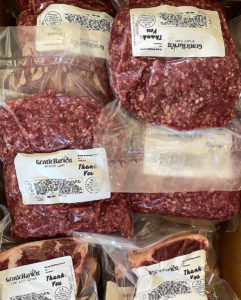
Meat
If you’re looking to raise your own meat, Babydolls are a great option in our experience. They provide approximately 50 pounds of meat per lamb, with excellent marbling, texture and flavor.
Care
Babydolls require annual shearing and hoof trimming. They also require deworming as needed (we use the FAMACHA scale and natural dewormers). Babydolls thrive on forage and do not need grains in our experience. We do recommend providing sheep specific loose minerals and salt. They do not need much shelter other than shade, except at lambing time. Predator proof fencing or a livestock guardian dog are essential for protection from predators. Portable electric netting fences are great for rotational grazing if you do not already have permanent paddock fencing.
Important: Babydolls are Flock Animals
Because of their strong flocking instinct Babydolls do not do well alone. They thrive on companionship and must be with their own kind or another gentle breed of sheep. Due to this fact, lambs should only be sold in pairs if the buyer does not already have companions for their lamb.
Want to learn more?
We cover all the details of Babydoll sheep from choosing your lambs, getting them home, feeding, fencing, natural remedies and so on in the Holistic Homestead Course.
